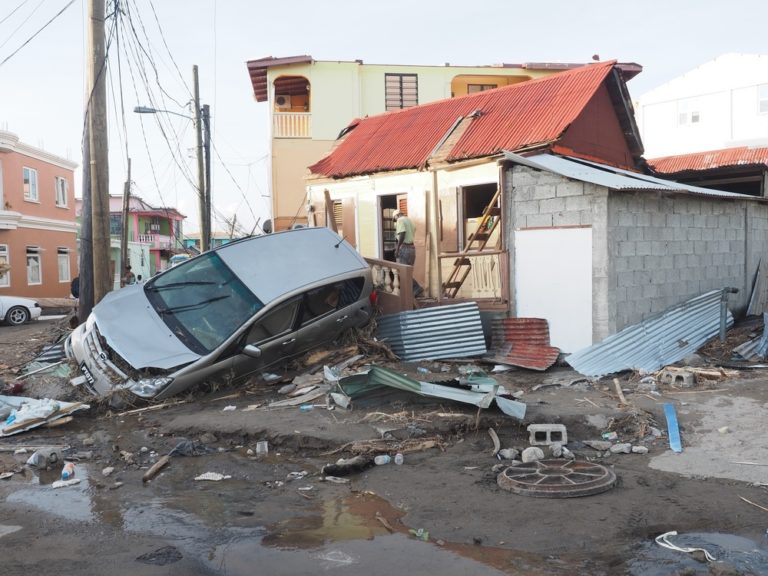Key Takeaways:
– New law in California increases punishments for harassment and threats at abortion clinics.
– Since the U.S. Supreme Court overturned the right to abortion in 2022, protests and threats have surged at California clinics.
– Planned Parenthood clinics have seen quadrupled security spending in response to escalating hostility.
– Acknowledging the surge in protests could potentially deter women from seeking abortion care.
– The new law could lead to the imposition of felony charges on violators, a considerable increase from the previous misdemeanor offence.
Strengthening Security for Abortion Providers
Since the overturning of federal abortion protections in 2022 by the U.S. Supreme Court, abortion providers across California are dealing with a surge of protests and enhanced security concerns. Responding to this escalating wave of hostility, Gov. Gavin Newsom has signed a bill into law aimed at reinforcing the safety of such clinics. This legislation not only increases criminal penalties for harassment and threats but also goes further than pre-existing federal laws aimed at protecting patients from external chaos.
Increasing Unrest and Rising Expenditure
The financial strain on clinics has grown significantly, as demonstrated by the example of Planned Parenthood clinics in the Los Angeles area, where security budgets have quadrupled since Roe vs. Wade’s landmark reversal. Sue Dunlap, president and CEO of Planned Parenthood Los Angeles, stated that the security costs were now well into the “seven figures”. She also spoke of frequent law enforcement calls due to the uncontrollable number of protesters, who, in the last year alone, have shown up in thousands outside Los Angeles County’s 24 clinics.
Maintaining Safe Spaces Amidst Escalating Threats
While the additional legal protections are welcome, abortion providers fear recognition of this protest escalation may deter women from seeking required healthcare. Dunlap emphasized the efforts undertaken to ensure that clinics remain safe and secure for patients while stressing the expanding challenges to ensure safety.
Restrictions and Violations: A Nationwide Issue
Following the Supreme Court’s 2022 decision, abortion rights are state-dependent, leaving countless individuals across the country without care. This situation has led to an escalation in hostile incidents against clinics, such as a man sentenced to nine years for firebombing a Planned Parenthood clinic in Orange County and another sentenced to over two years for shooting at a Pasadena clinic.
Creating Buffer and Limiting Noise
Cities including Sacramento and Walnut Creek have passed ordinances since the Supreme Court’s decision, creating “buffer zones” maintaining an eight-foot distance between protesters and patients. The ordinances also limit megaphone usage and other noise amplifiers, considering patient reports of audible anti-abortion chants inside exam rooms. Despite their implementation, enforcing these rules has proved challenging, leading to lawsuits over potential 1st Amendment rights violations.
Stepping Up Punishments: Fighting Harassment
Under the fresh law, AB 2099, violators of the California Freedom of Access to Clinics and Church Entrances Act can face felony charges, a significant escalation from the previous maximum misdemeanor response. Assemblymember Rebecca Bauer-Kahan, author of the law, reiterated that California remains a safety haven for those seeking essential healthcare, pledging zero-tolerance for violence or intimidation against those accessing reproductive health services.
However, the American Civil Liberties Union opposed the bill, arguing that expanding criminal penalties might not curb harassment and would potentially contribute to the state’s escalating incarceration costs.
Persistent Protest: An Ongoing Battle
In addition to legal battles, clinics face persistent challenges in the form of protests and aggressive opposition. The disruption caused by such hostility has driven healthcare officials to relocate facilities and boost volunteer callouts for patient escorts. This ongoing battle has culminated in abortion clinics bracing for nationwide anti-abortion campaigns, sometimes leading to incidents of harassment and physical altercations, demonstrating the urgent need for better law enforcement and supportive legal frameworks for reproductive health services.









